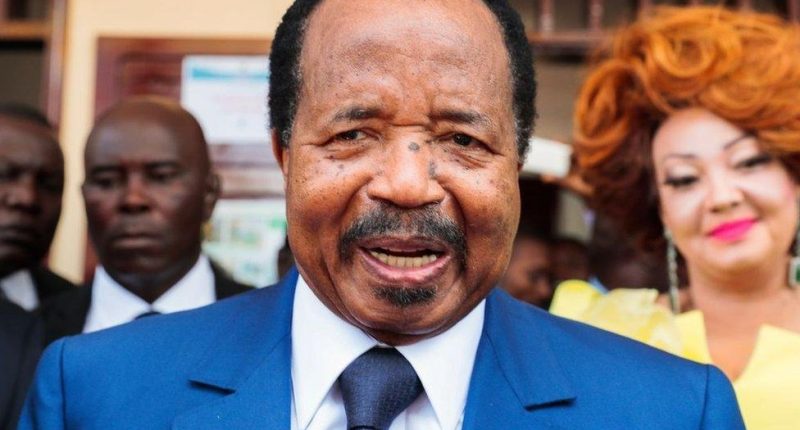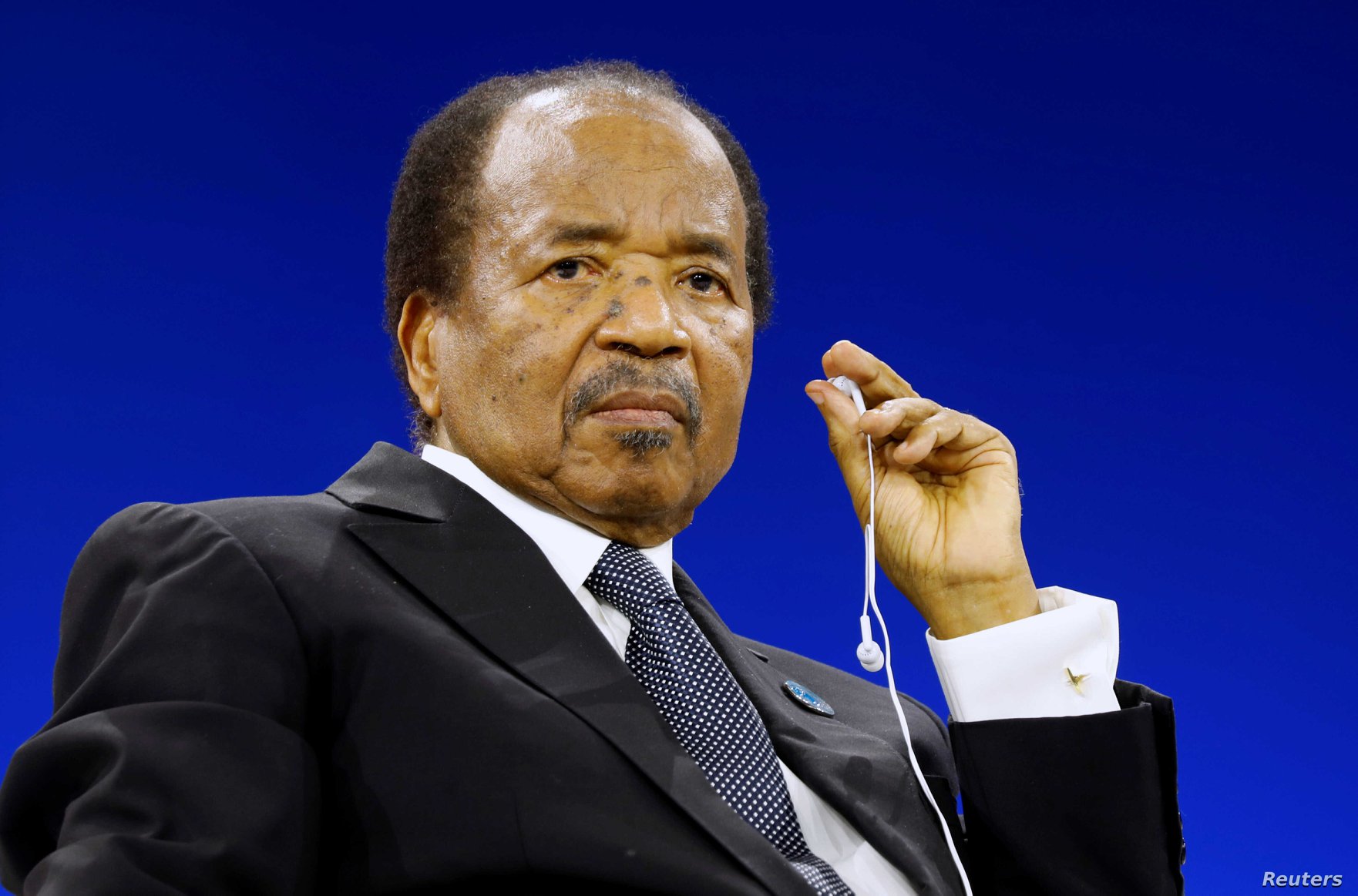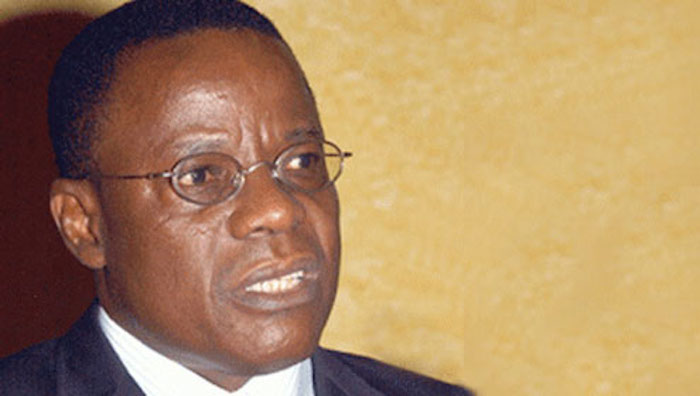Cameroon’s Biya Regime Entrenches Nepotism with Latest Prefect Appointments
Yaoundé, July 22, 2025 – In a move that has sparked outrage and accusations of entrenched nepotism, President Paul Biya, now 92 and seeking an eighth term in the October 2025 presidential election, has appointed several children and relatives of his regime’s top officials to key administrative positions as prefects and sub-prefects. The appointments, announced tonight, are being widely criticized as a blatant strategy to consolidate power by placing loyalists’ offspring in influential roles, further undermining Cameroon’s democratic institutions and fueling public discontent.
A Pattern of Patronage
The latest wave of nominations includes:
-
Tam Likeng Richard Marcel, appointed prefect of Mayo-Louti Department, son of Limbom Likeng, Minister of Posts and Telecommunications.
-
Eto Famous Justin Hector Daniel, promoted from sub-prefect of Edea 1st District to a prefectural role, son of Jacques Fame Ndongo, Minister of Higher Education.
-
Sadi Gilles Christian, named deputy prefect of Nyong and So’o Department, son of René Sadi, Minister of Communication.
-
Bomba Nkolo Ofile, appointed deputy prefect of Monatele District, daughter of Cecile Bomba Nkolo, former Minister of Women and Family Promotion.
-
Tchuente Tsemo Liliane Flore, named Secretary General of the Services of the Governor of the Eastern Region, niece of Madeleine Tchuente, Minister of Scientific Research.
These appointments, described by regime insiders as “system renewal strategies,” reflect a deliberate effort to entrench familial loyalty within the administrative framework of the Cameroon People’s Democratic Movement (CPDM), which has ruled since independence in 1960. Critics argue that this move prioritizes political allegiance over merit, sidelining qualified professionals and deepening public disillusionment with Biya’s 43-year rule.
A Republic in Decline?
The timing of these appointments, just months before the 2025 presidential election, has raised eyebrows. With Biya’s health reportedly declining and internal CPDM tensions mounting, as noted by the International Crisis Group, the placement of regime barons’ children in strategic posts appears to be a calculated move to secure the ruling elite’s grip on power. The Guardian reports that even within the CPDM, dissent is growing, with ministers like René Sadi and Jacques Fame Ndongo publicly diverging on Biya’s candidacy, signaling cracks in the party’s unity.
Cameroon’s opposition, including the Cameroon Renaissance Movement (MRC) and the Social Democratic Front (SDF), has condemned the appointments as a continuation of Biya’s authoritarian playbook. MRC leader Maurice Kamto, a candidate in the upcoming election, has previously accused the regime of electoral fraud and institutional capture, claims echoed by Amnesty International’s critiques of Biya’s restrictions on fundamental freedoms. The appointment of regime loyalists’ relatives to prefectural roles, which oversee local governance and electoral processes, raises concerns about potential manipulation in the upcoming vote.
Public Outrage and a Call for Change
On platforms like X, Cameroonians are expressing fury, with many labeling the appointments as “hereditary governance” and a betrayal of the republic’s democratic aspirations. The sentiment aligns with broader frustrations, as 75% of Cameroonians have known no leader other than Biya, whose rule has been marked by economic stagnation for many, despite the country’s status as Central Africa’s second-best-performing economy. A 2023 survey by Cameroon’s National Statistics Institute revealed that eight in ten workers are informally employed, and a third of the population lives on $2 or less daily, underscoring the disconnect between the ruling elite and ordinary citizens.
The defection of former SDF G27+ members, including Jean Tsomelou, to the National Union for Democracy and Progress (NUDP) highlights the opposition’s fragmentation, further complicating efforts to challenge Biya’s regime. Meanwhile, Hon. Jean Michel Nintcheu’s independent Front for Change in Cameroon (FCC) represents a separate push for reform, though its impact remains uncertain. These political shifts, combined with the latest appointments, paint a picture of a regime doubling down on control amid growing calls for change.
A Legacy of Exclusion
Biya’s reliance on familial networks is not new. His son, Franck Biya, has been floated as a potential successor, though he has shown no public interest in politics. The operation “Epervier,” launched in 2006 to combat corruption, has been criticized as a tool to eliminate political rivals, with former ministers and regime barons languishing in Kondengui prison. By appointing the next generation of loyalists, Biya appears to be insulating his regime against internal and external threats, including the Anglophone crisis and Boko Haram incursions, which have exposed governance failures.
As Cameroon approaches a pivotal election, the question remains whether these appointments will galvanize a unified opposition or further entrench the CPDM’s dominance. With voter turnout declining from 80.4% in 1992 to 53.3% in 2018, public apathy and distrust in the electoral process are palpable. For many Cameroonians, tonight’s nominations are a stark reminder that the republic’s future is being shaped not by merit or democracy, but by the entrenched interests of a ruling elite.
Stay tuned to BaretaNews for updates on Cameroon’s political developments and the 2025 presidential election.





